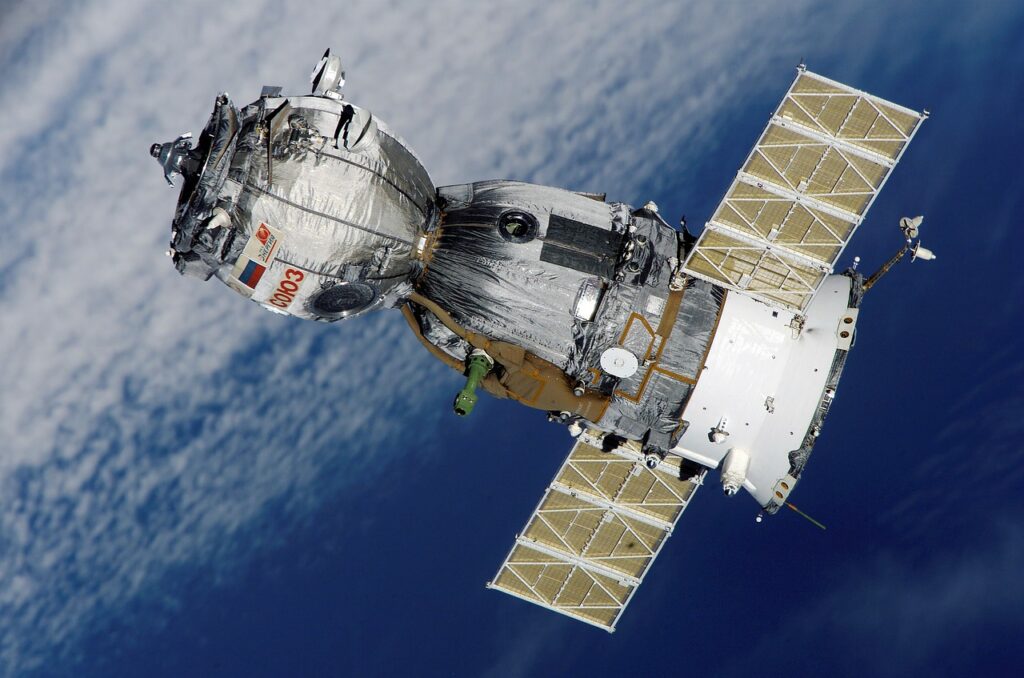The Indian Regional Navigation Satellite System, with an operational name of NavIC, otherwise also known as ‘GPS of India’, is an autonomous regional satellite navigation system that provides accurate real-time positioning and timing services. It covers India and a region extending 1,500 km around it, with plans for further extension. Startup India has launched the NavIC Grand Challenge for DPIIT-recognized drone startups in India making use of the NavIC system. A total grant of INR 6.5 Crore is up for grabs under the challenge.

Background
The need for an Indian Satellite Navigation System was realized during the Kargil war of 1999 between India and Pakistan when the foreign-government controlled State-controlled Satellite Navigation System refused to shared information about the Kargil region with the Indian Government. The Indian Satellite Navigation System was approved in May of 2006 and became fully operational in 2018 with 7 satellites in orbit. There are also plans to increase the coverage of NavIC from Regional to Global.
About the Challenge
The NavIC grand challenge invites proposals for using indigenous NavIC-enabled drones to capture data of damage caused to farm field topography, processing this data, and making it available for use for commercial purposes.
With the NavIC grand challenge, the Government of India aims to encourage, promote, and nurture innovation that leverages the NavIC services and other allied indigenous geospatial offerings. This is intended to set India on a path toward domestic mapping and navigation capabilities while also opening up opportunities for Indian startups to exploit potential markets outside India.
Timeline
17th May 2022 – Application Start Date
31st July 2022 – Application End Date
30th September 2022 – Application Result Date
Details about the Challenge
The NavIC Grand Challenge would be open to DPIIT-recognized Startups working in the areas indicated in the problem statements.
Startups in the following stages can apply to the challenge-
- Ideation Stage Startup
- Validation Stage Startup
- Early Traction Startup
- Scaling Stage Startup
Themes for the Challenge
- Drones
- Agriculture
- SpaceTech
- Data Collection and Analysis
- Image Processing
- Artificial Intelligence
Incentives for startups
Phase I – Prototype Development – Based on the proposals, a cohort of 7 startups will be selected for Phase I and will receive a grant of Rs. 50 lakhs each for a period of 6 months to develop a prototype of their NavIC-enabled drone-based imaging and processing system. The 7 selected startups will have to showcase their working prototype and the validation of their data analysis result.
Phase II – On-field Demonstration and Integration with PMFBY Framework – Further, 3 startups will be selected from that cohort for Phase II and will receive a grant of Rs. 100 lakhs each for a period of another 6 months to develop a fully working product that can be integrated with the Pradhan Mantri Fasal Bima Yojana (PMFBY) framework. The startups will have to do an on-field demonstration of their product and provide proof of their product’s capability of measuring the extent of damage to crops caused by any natural disaster to enable the PMFBY infrastructure to settle claims.
Technical mentorship and handholding will be provided to startups in both phases.
Other Articles you might be Interested In
Alphabet spins out SandBox AQ, an AI and Quantum Computing Company